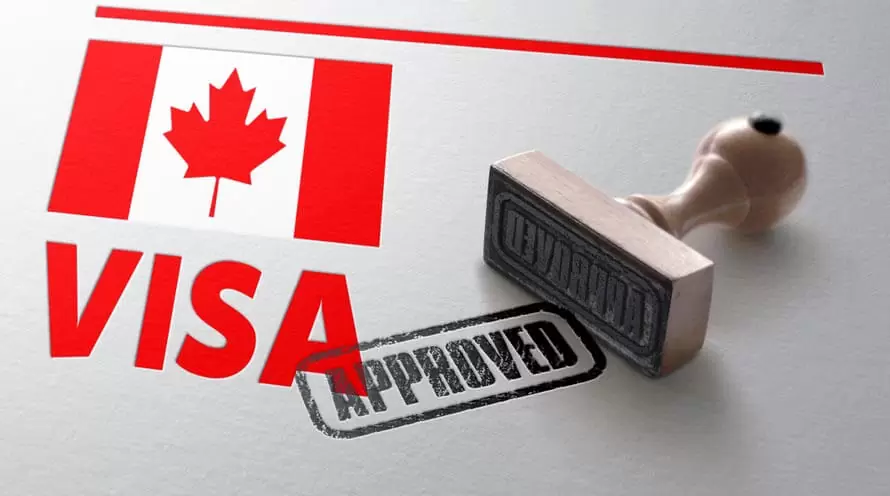There’s a new shake-up in study visa programs that will alter things big time. The people handling Immigration, Citizenship and Refugees in Canada, called the IRCC, recently talked about some important tweaks. They want to streamline the process for overseas students. Starting January 22, 2024, the process for study permit applications is going to be more structured.
Decline in Study Permit Applications:
The most notable change is the observed decrease of 35% in study permit applications from 2023. This shift signals a potential evolution in the patterns of international students seeking education in Canada.
Introduction of Attestation Letters:
To further enhance the study permit application process, IRCC has introduced a cap system. Effective immediately, every study permit application submitted to IRCC must be accompanied by an attestation letter from a province or territory.
Provinces and territories are expected to establish a process for issuing these letters to students by no later than March 31, 2024. This additional requirement aims to add a layer of validation to the application process and foster closer collaboration between federal and regional authorities.
Exclusion of Curriculum Licensing Arrangements
Starting September 1, 2024, international students embarking on study programs as part of a curriculum licensing arrangement will no longer be eligible for a post-graduation work permit upon completing their studies.
This measure is implemented to close a perceived loophole in the system and ensure that post-graduation work permits are granted in alignment with the intended spirit of the program.
Extended Work Permit Eligibility for Graduates:
New rules are good news for graduates. Work permit terms are getting longer for some programs. Master’s degree holders and graduates of other small advanced study programs will soon be able to get a work permit for 3 years. This lets them get extra work experience in Canada.
Restriction on Open Work Permits for Spouses:
Work permit rules are changing to focus on top-tier education. Partners of international students studying for master’s or doctorate can still get open work permits. But partners of students in lower study levels can’t. This includes undergraduate and college programs.
IRCC is taking steps to keep up with shifting conditions and make sure study visa programs match Canada’s immigration aims. Some people might find these tweaks difficult. However, the aim is to keep the quality and honesty in Canada’s schooling and immigration.
As things change, we urge international students and graduates to keep abreast of these changes. They should understand how these changes might affect their hopes for study and work in Canada.

